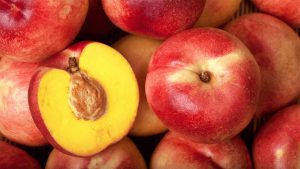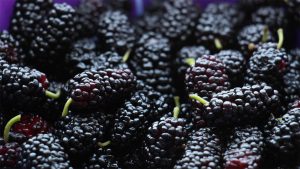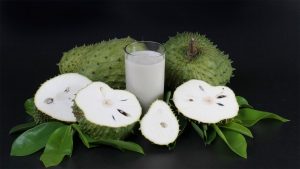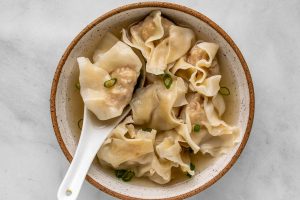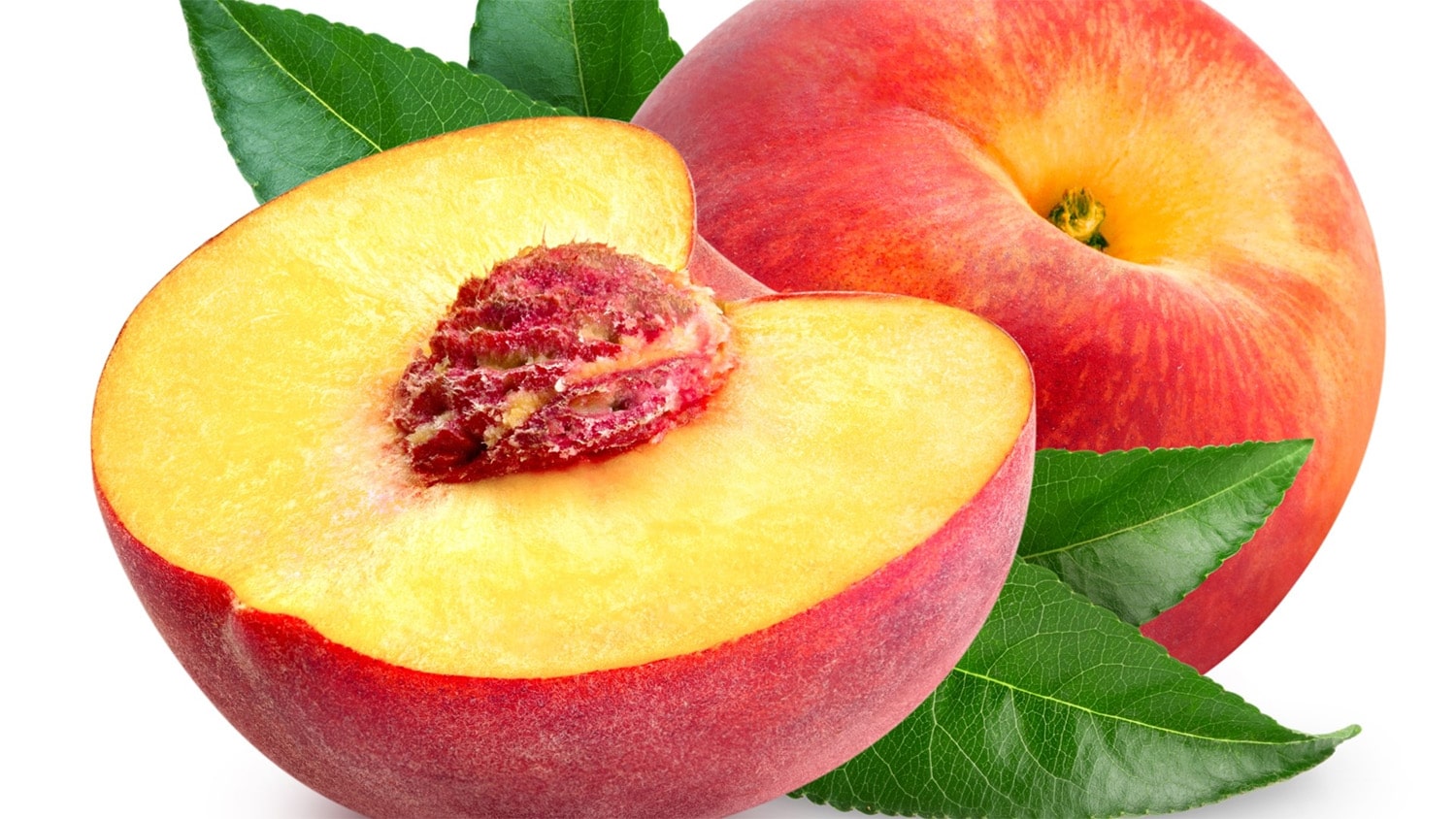
31 interesting facts about peach
- 👁️ 1432
Peaches, with their soft skin and sweet flesh, are beloved around the world not just for their delicious flavor but also for their rich history and health benefits. Originating in China over 8,000 years ago, peaches have become a staple in many cultures’ cuisines and are celebrated for their versatility in dishes both savory and sweet. Known scientifically as Prunus persica, peaches are related to cherries, apricots, and almonds. This delightful fruit not only tantalizes the taste buds but also offers an array of nutritional benefits, making it a popular choice among health-conscious individuals.
- Peaches originated in China and have been cultivated since around 6000 B.C.
- The scientific name for the peach, Prunus persica, indicates that peaches were once mistakenly believed to come from Persia.
- Peaches were mentioned in Chinese writings as far back as the 10th century B.C. and were a favored fruit of emperors.
- A peach is a member of the stone fruit family, characterized by a single large middle seed surrounded by edible flesh.
- The fruit was brought to the Americas by Spanish explorers in the 16th century and eventually made its way to England and France.
- There are two main varieties of peaches: freestone and clingstone, differentiated by how easily the flesh separates from the pit.
- Peaches are rich in vitamins A and C, which are antioxidants that help protect the body against aging and disease.
- They also provide dietary fiber, which aids in digestion and overall gastrointestinal health.
- Peach flowers are pink and appear in early spring before the leaves have sprouted.
- China remains the largest producer of peaches, followed by Italy, Spain, and the USA.
- In the United States, Georgia is known as the Peach State, but California produces over half of the peaches in the US.
- Peaches can be eaten raw, cooked, or dried and are commonly used in desserts, salads, and even savory dishes.
- The term “peach” is often used to describe an attractive person, showing just how much this fruit is associated with beauty.
- Peach trees can live for several decades, typically around 12 to 20 years, but can live longer under ideal conditions.
- The peach is a symbol of longevity and good luck in Chinese culture.
- There are over 700 varieties of peaches, some with white flesh and others with yellow.
- The largest peach ever recorded weighed 1.76 pounds and was grown in Canada in 1984.
- Peaches are often associated with the Southern United States and its cooking.
- The peach is the third most popular fruit grown in the United States.
- Canned peaches were the first ever commercially canned fruit.
- Peach leaves contain compounds that can be toxic if consumed in large quantities.
- Peach pits contain amygdalin, which can convert into a form of cyanide when digested.
- In South Korea, peaches are used in traditional hand creams for their skin-softening properties.
- August is National Peach Month in the USA.
- Peaches need cold weather to bud, which is why they thrive particularly well in temperate zones.
- A medium-sized peach contains about 50 calories and contributes to hydration thanks to its high water content.
- The antioxidants in peaches are believed to help fight cancer-causing free radicals.
- Peaches are often used in cosmetics for their ability to help reduce wrinkles.
- The first peach orchard in the United States was established in 1565 in St. Augustine, Florida.
- Peaches were once called “Persian apples” highlighting their supposed Middle Eastern origins.
- The flowers from peach trees can be brewed into a sweet herbal tea.
Peaches not only provide a delicious snack but also boast a bounty of health benefits and a rich cultural history that enhances their appeal. Their widespread cultivation and variety make them a global staple and a beloved feature of many diets. The peach’s journey from Chinese orchards to global prominence is a testament to its enduring appeal and nutritional value, making it a true treasure of the fruit world. As research continues to reveal more health benefits, the peach remains a symbol of youth and longevity, reinforcing its status as a favorite among fruits worldwide.



